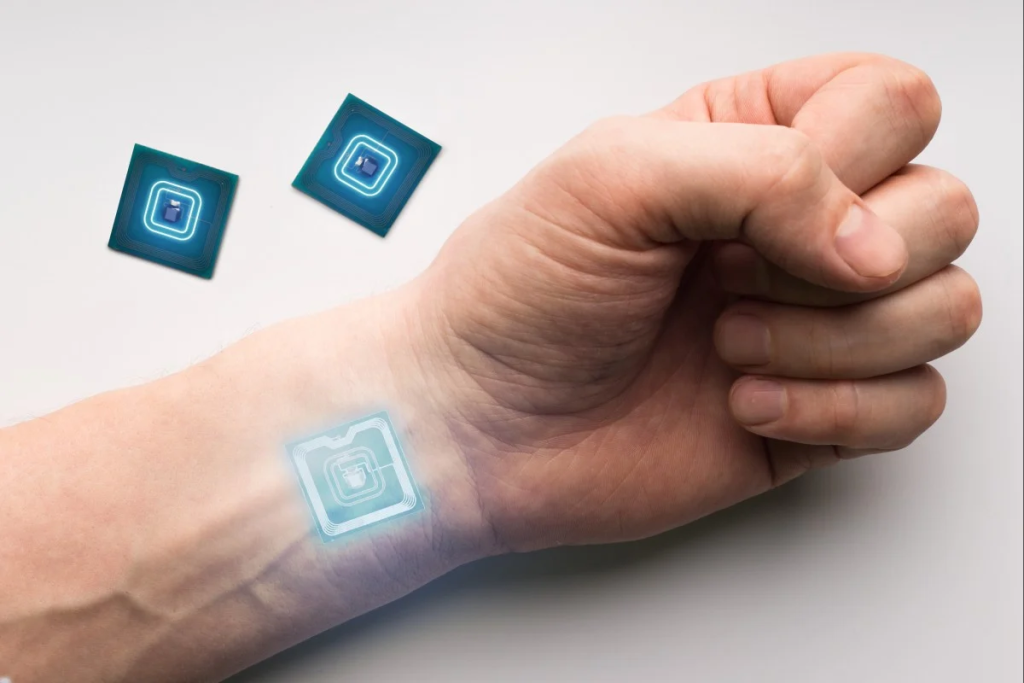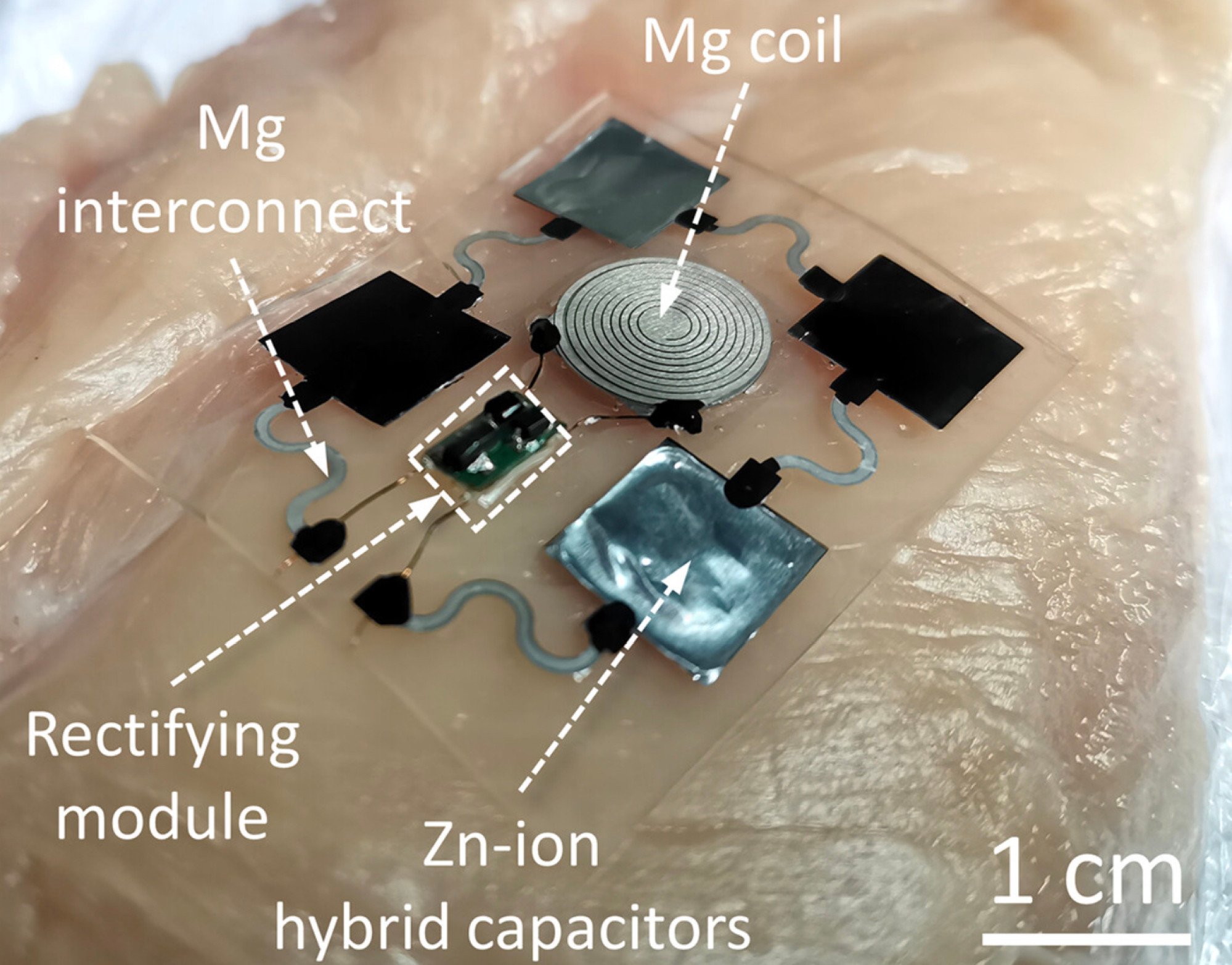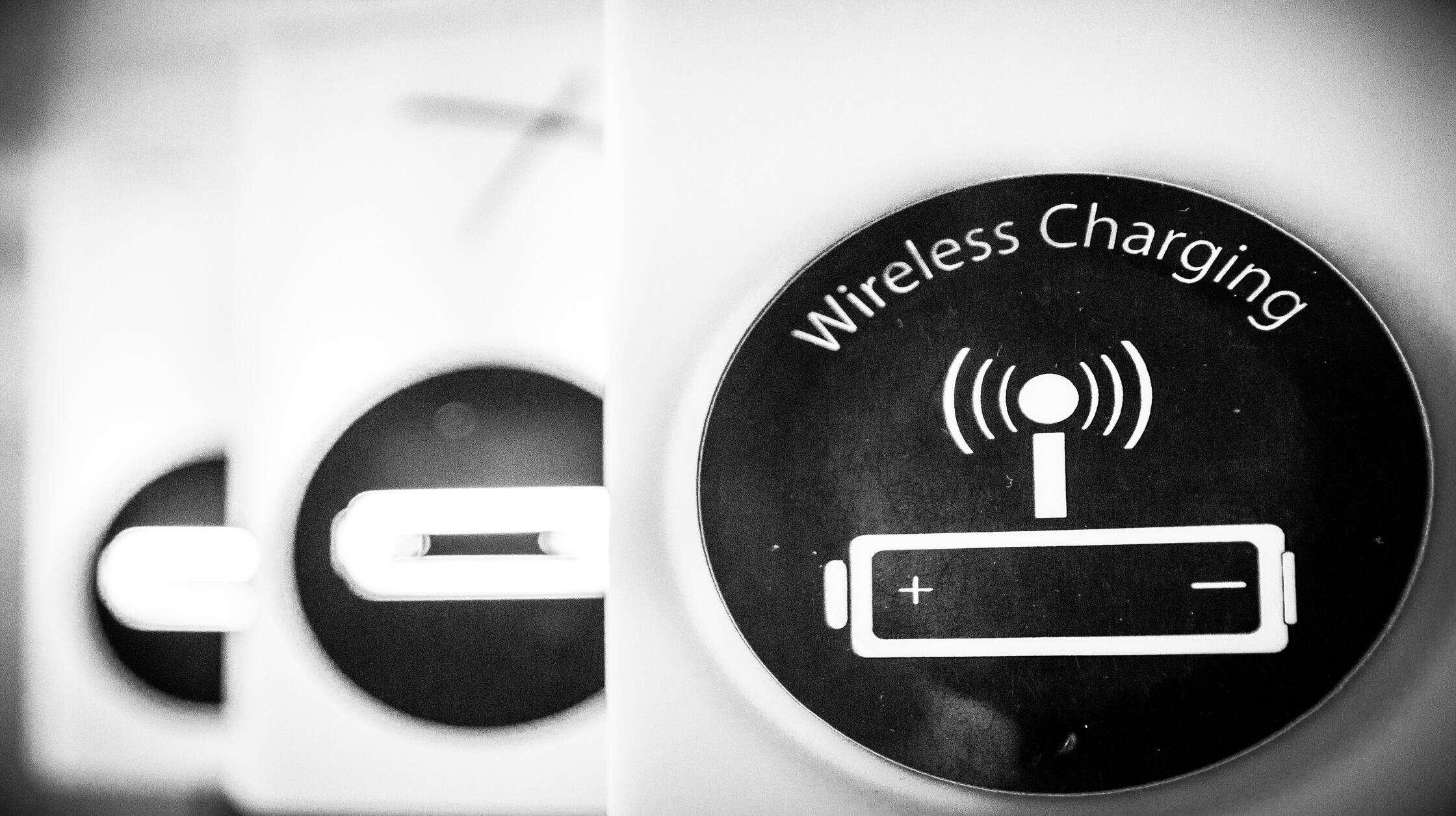In a groundbreaking development, Chinese scientists from Lanzhou University have successfully created a wireless, biodegradable energy receiving and storage device. This innovative technology is set to revolutionize the field of bioelectronics, particularly in powering bioelectronic implants like drug delivery systems that can fully degrade within the body.

Photo: Shutterstock
The study, detailed in the journal Science Advances, highlights a significant leap in implantable bioelectronic systems. These systems, which include sensors for monitoring health and devices for precise drug delivery, offer a minimally invasive and highly efficient method of patient treatment. Despite advancements in biocompatible sensors and circuits, the development of power modules for these devices has remained a challenge. Existing biodegradable power units are often single-use and lack the necessary power for biomedical use.
Traditional power supply units, relying on transdermal chargers or non-rechargeable batteries, pose risks like inflammation or the need for surgical replacement. Addressing these challenges, the Chinese research team introduced a wireless implantable power system. This system boasts high energy storage performance while being soft and flexible to conform to body tissues and organs.

Central to this technology is a magnesium coil that receives power wirelessly from an external transmitting coil placed on the skin. The energy then moves through a circuit into a zinc-ion hybrid supercapacitor energy storage module. Unlike batteries that store chemical energy, supercapacitors hold electrical energy, offering a high power density for consistent energy discharge.
Encased in a biodegradable chip-like implant, the prototype integrates energy harvesting and storage, ensuring a constant power supply to the bioelectronic device it’s connected to. Both magnesium and zinc are crucial to human health, and the researchers have ensured that the device’s materials are in safe quantities, promoting biocompatibility.
Tests in rats demonstrated the device’s efficacy for up to 10 days, with complete dissolution in two months. The duration of functionality can be tailored by altering the encapsulation layer’s thickness and composition. This technology opens avenues for localized, on-demand drug delivery, and therapy directly in various tissues and organs.
To showcase its potential, the scientists connected the power supply with a biodegradable drug delivery device containing anti-inflammatory medicine, implanting it in rats with induced fever. The results were promising; temperatures in rats with the implant were significantly lower than those without, over a 12-hour monitoring period.
While the device currently operates until power exhaustion, the researchers suggest that controlled charging could regulate its activity. Even uncharged, the device showed some passive drug release, indicating its potential as a sustained treatment method.
This prototype marks a crucial step in advancing transient implantable bioelectronic devices, offering effective and reliable energy solutions for a range of medical applications.





